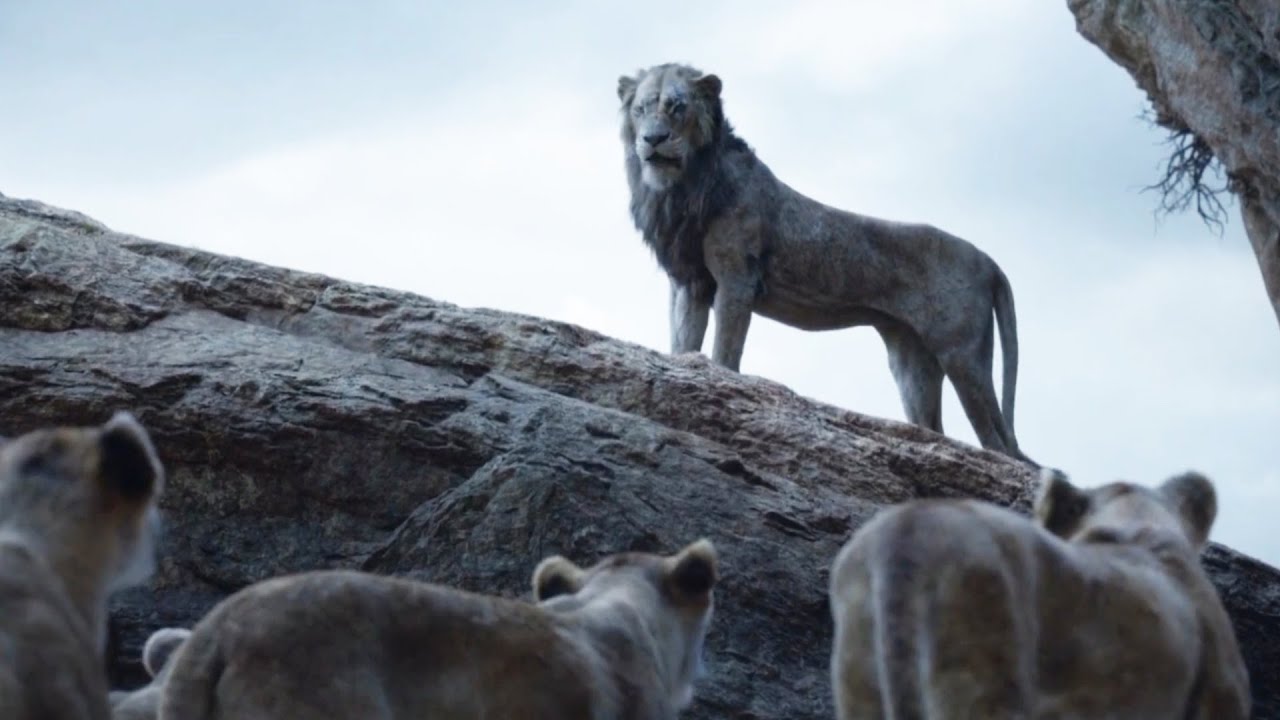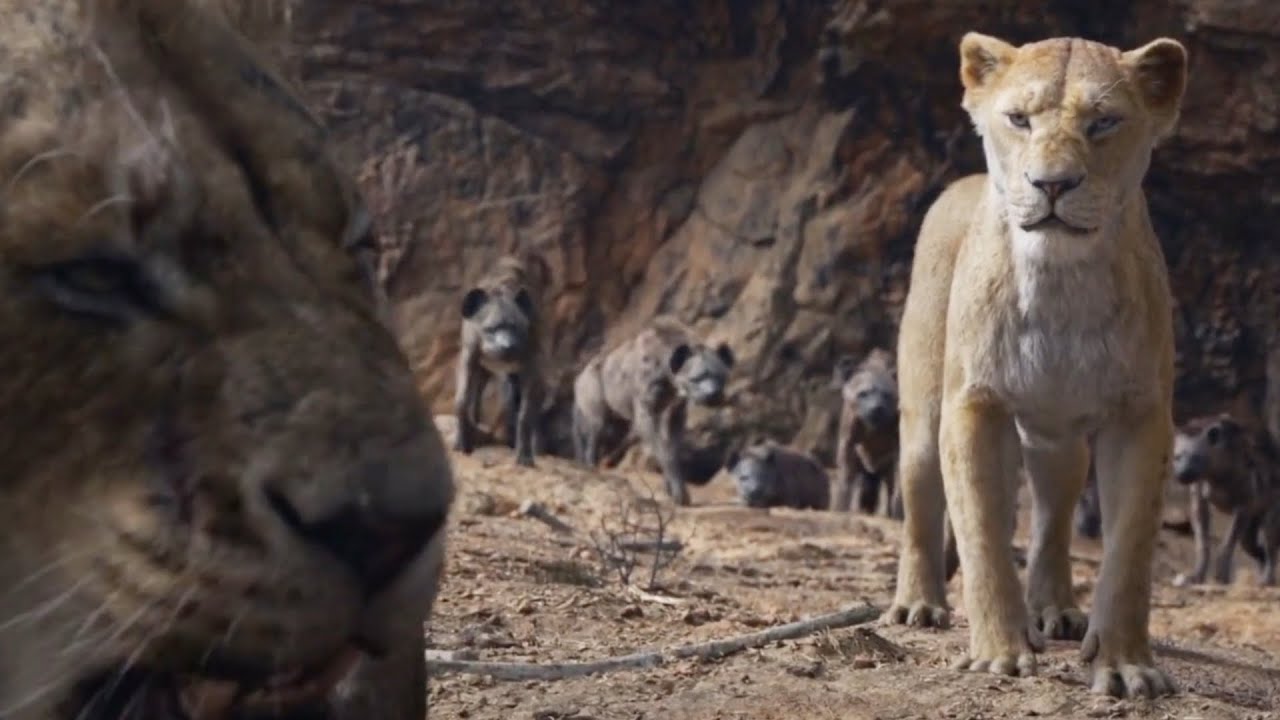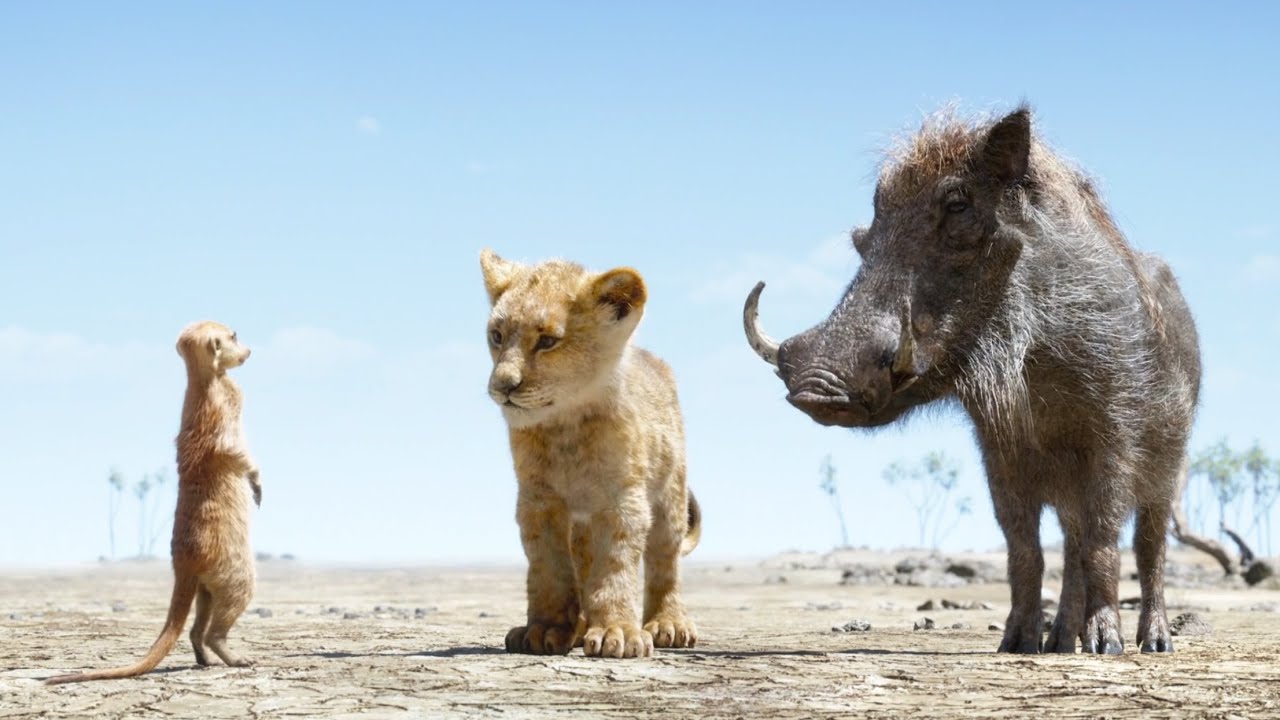🎬 The Lion King (2019)

The Lion King (2019): A Cinematic Odyssey into the Heart of the Savannah
Introduction: The Circle of Life Revived
In 1994, Disney captured the hearts of millions with The Lion King, a vibrant animated feature that blended timeless storytelling, unforgettable characters, and a soundtrack for the ages. Fast forward to 2019, and Jon Favreau has reimagined this classic tale using groundbreaking photorealistic CGI. The live-action adaptation brought the Pride Lands to life in a way that was unimaginable decades earlier, but does it manage to capture the soul of the original? This review dives deep into the strengths, challenges, and emotional resonance of The Lion King (2019), providing an exhaustive exploration of its artistry and storytelling.
A Visual Masterpiece: The Power of Photorealism
One of the undeniable highlights of The Lion King (2019) is its awe-inspiring visual presentation. From the opening sequence of the “Circle of Life,” the film immerses audiences in a hyper-realistic depiction of the African savannah. Every blade of grass, every ripple in the watering hole, and every strand of fur is crafted with meticulous attention to detail. The animators pushed the boundaries of CGI to create animals so lifelike that, at times, it feels like watching a National Geographic documentary.
The Pride Lands, with their sprawling vistas, lush vegetation, and breathtaking sunsets, are an ode to the majesty of nature. These visuals set the stage for a story that explores themes of identity, responsibility, and redemption. However, the photorealistic approach also presents certain limitations, particularly when it comes to character expression. Unlike the animated original, where exaggerated facial expressions conveyed a spectrum of emotions, the live-action version struggles to deliver the same level of emotional depth. This trade-off between realism and emotive storytelling has sparked much debate among fans and critics alike.
The Cast: A Stellar Lineup of Talent
The 2019 adaptation boasts an all-star voice cast that breathes new life into the beloved characters. Donald Glover’s portrayal of Simba captures the character’s evolution from a naive cub to a courageous leader. Glover brings vulnerability and strength to Simba’s journey, making his transformation believable and heartfelt.
Beyoncé shines as Nala, infusing the character with grace and determination. Her rendition of the original song “Can You Feel the Love Tonight” alongside Glover is both soulful and powerful, adding emotional weight to the film’s romantic subplot. Beyoncé’s original song, “Spirit,” serves as a thematic anthem that reinforces Simba’s rediscovery of his purpose.
James Earl Jones reprises his role as Mufasa, bringing gravitas and wisdom to the character. His iconic voice adds a sense of continuity between the original and the remake. Meanwhile, Chiwetel Ejiofor’s Scar offers a more menacing and subdued take on the villain. While lacking the flamboyant flair of Jeremy Irons’ original performance, Ejiofor’s Scar exudes a quiet, calculating danger that adds a new layer to the character.
Timon and Pumbaa, voiced by Billy Eichner and Seth Rogen respectively, provide much-needed comic relief. Their banter and chemistry inject humor into the narrative, and their rendition of “Hakuna Matata” stands out as a delightful highlight.
Music: Nostalgia Meets Innovation
The soundtrack of The Lion King (2019) is a careful blend of nostalgia and innovation. Hans Zimmer returns to score the film, preserving the grandeur of the original compositions while introducing subtle updates. Elton John and Tim Rice’s classic songs, including “Circle of Life,” “I Just Can’t Wait to Be King,” and “Be Prepared,” are reimagined with fresh arrangements that respect their legacy.
One of the standout moments is the inclusion of Beyoncé’s “Spirit,” a soaring anthem that underscores Simba’s journey of self-discovery. While the song feels slightly out of place within the broader musical framework, it adds a contemporary touch that appeals to modern audiences.
However, the musical sequences in the live-action format lack some of the vibrancy and whimsy of the animated original. For instance, the colorful, surrealistic visuals of “I Just Can’t Wait to Be King” are replaced with a more grounded, naturalistic approach, which, while visually stunning, doesn’t evoke the same sense of exuberance.
The Story: Faithful Yet Restrained
The 2019 adaptation stays largely faithful to the original storyline, a testament to the enduring power of the narrative. Simba’s arc—from a carefree cub to a reluctant exile and finally to a resolute king—is a universal tale of growth, responsibility, and redemption. Themes of family, legacy, and the cyclical nature of life resonate as strongly as ever.
However, this fidelity to the source material is both a strength and a weakness. By adhering so closely to the original, the remake leaves little room for surprises or fresh interpretations. The script seldom deviates from its predecessor, which may lead some viewers to question the necessity of this retelling.
Where the film does diverge, it offers mixed results. Scar’s backstory is slightly expanded, providing insight into his motivations and his strained relationship with Mufasa. While this adds depth to the character, it’s not explored thoroughly enough to feel truly impactful. Similarly, Nala’s role is given more prominence, emphasizing her strength and leadership, but this too feels somewhat constrained within the confines of the original plot.
Criticism: The Emotional Gap
One of the most significant criticisms leveled at The Lion King (2019) is its struggle to evoke the same emotional connection as the animated original. The photorealistic animals, while visually stunning, lack the expressiveness needed to convey nuanced emotions. Moments that were heart-wrenching in the original, such as Mufasa’s death, feel somewhat muted in the remake.
Additionally, the pacing of the film occasionally falters. Some sequences, particularly in the first act, feel rushed, while others linger longer than necessary. This uneven pacing impacts the film’s overall rhythm, making certain emotional beats less effective.
Themes and Legacy: Timeless Lessons
Despite its flaws, The Lion King (2019) remains a powerful exploration of universal themes. The concept of the “circle of life” serves as a poignant reminder of the interconnectedness of all living things and the importance of finding one’s place in the world. Simba’s journey of self-discovery mirrors the struggles many face in reconciling their past with their potential.
The film also highlights the dangers of unchecked ambition and the destructive nature of power when wielded irresponsibly, as exemplified by Scar’s reign. At its core, The Lion King is a story about family, legacy, and the courage to rise above adversity.
Conclusion: A Mixed but Memorable Experience
The Lion King (2019) is a film that dazzles the eyes and stirs the heart, even if it doesn’t quite capture the magic of its animated predecessor. Its groundbreaking visuals and stellar voice cast make it a worthy addition to Disney’s live-action repertoire, but its emotional restraint and adherence to the original leave it feeling more like a tribute than a reimagining.
For those who grew up with the 1994 classic, this remake serves as a nostalgic journey into the Pride Lands. For newer audiences, it’s an introduction to a timeless story that continues to resonate across generations. While it may not surpass the original, The Lion King (2019) stands as a testament to the enduring power of Disney’s storytelling and the boundless possibilities of modern technology.
Hashtags: #TheLionKing #LiveAction #DisneyMagic #Simba #CircleOfLife #HakunaMatata #CinematicMasterpiece